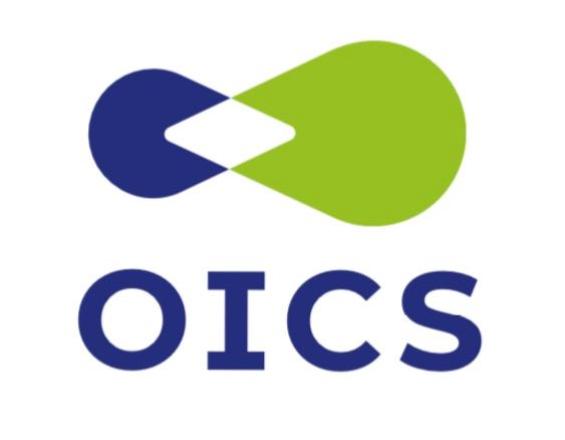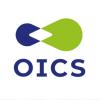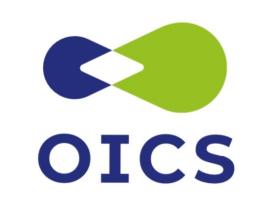
Innovation Observatory for Sustainable Cities (IOSC)

The Innovation Observatory for Sustainable Cities (Observatório de Inovação para Cidades Sustentáveis, in Portuguese) is an initiative within the scope of CITinova, a multilateral project carried out by the Brazilian Ministry of Science, Technology and Innovations (MCTI), with support from the Global Environment Facility (GEF) and implementation of the United Nations Environment Program (UN Environment). It acts as a collaborative platform for mapping and disseminating innovative urban solutions contextualized to the Brazilian national territory through city-regions typologies.
The objective is to connect public managers, civil society, companies, entrepreneurs and universities in favour of the urban agenda, creating alternatives for the transition of cities, especially the Brazilian ones, towards sustainability. To this end, this Observatory prepared a bank of solutions for sustainable cities, a map of typologies and a bank of co-creators (solution providers).
Context
Challenges addressed
Location
Impacts
Solutions are divided into six different themes: low carbon mobility and access to the city; renewable, decentralized and efficient energy; low carbon and social interest built environment; solid waste and efficient treatment; water and sanitation; and nature-based solutions.
As the Observatory's objective is to connect public managers established in Brazilian municipalities with solutions engaged in responding to local socio-environmental challenges, the local governments can benefit, when having access to a bank of solutions, from finding different arrangements and possibilities to address previously identified issues, in addition to learning about successful experiences in similar geographical and socio-economic contexts. It is even possible to establish contact with those responsible for the execution and implementation of solutions.
In this sense, as it is characterized as a facilitating tool for decision making, the Observatory brings as economic benefits the reduction of costs of implementing the necessary actions to minimize the effects of negative environmental impacts. Regarding social and environmental benefits, we can consider them as intrinsic to the solutions and cases present on the platform.








